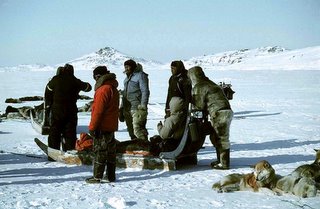
3. God’s gospel alone addresses our deepest human need – We believe that God created Adam and Eve in His image, but they fell into sin through the temptation of Satan, distorting that mage. As a result, all humanity is alienated from God and under His wrath and can be rescued, reconciled, and restored only through God’s gracious work in Jesus Christ.
5. That man was created in the image of God but fell into sin and is, therefore, lost, and only through regeneration by the Holy Spirit can salvation and spiritual life be obtained.
4. God’s gospel is revealed in history supremely through the Person of Jesus Christ –
We believe that Jesus Christ, the promised Messiah of Israel, is God incarnate, one Person in two natures, fully human and fully divine, having been conceived through the Holy Spirit and born of the virgin Mary. He lived a sinless life, was crucified under Pontius Pilate, arose bodily form the dead, and ascended into heaven, where, at the right hand of God the Father, He is now our High Priest and Advocate.
3. That Jesus Christ is true God and true man, having been conceived of the Holy Spirit and born of the Virgin Mary. He died on the cross, a sacrifice for our sins according to the Scriptures. Further, He arose bodily from the dead, ascended into heaven, where, at the right hand of the Majesty on High, He is now our High Priest and Advocate.
Personal commentary:
I love how these two rewritten articles emphasize so many crucial tenents of the historic Christian faith. If you take a look at the draft as a whole, you'll note that Jesus is first mentioned by name at the end of article three (article one identifies Him as the Son). It sets up articles four and five beautifully to launch into a full-fledged Christological statement. Then each of the remaining articles speak of Jesus in one way or another. I like it. I like it a lot.
I find the terms "rescued, reconciled, and restored" to be interesting choices. The commentary provided in the draft suggests that rescued refers to the past for believers, reconciled to the present, and restored to the future. There may be in an "all ready-but not yet" sense in which each of these are past, present, and future. For example, one can say that we have been rescued from sin due to Christ's death, we are being rescued as Christ has sent the Spirit who gives us the ability to fight sin and live for His glory, and we will be rescued from sin once and for all when Christ returns. Overall, I like these terms because as far as I can tell I don't think anyone from either an Arminian camp or a Calvinist camp is going to be upset about this being some sort of ordo salutis. Clearly nothing like this is in view at all, and I for one find that helpful for the longevity of our denomination.

















